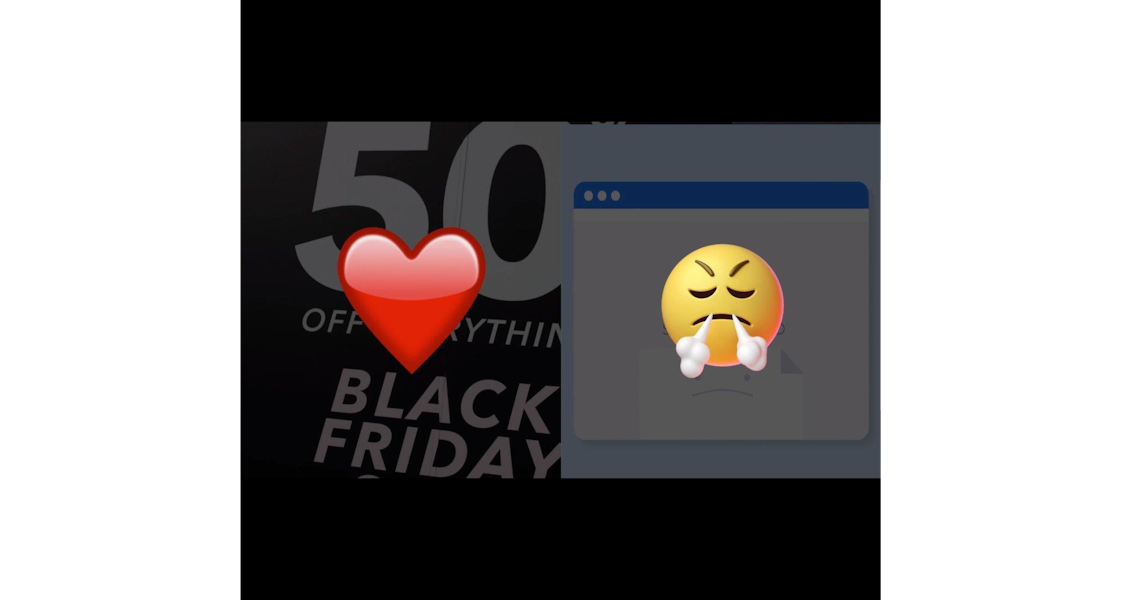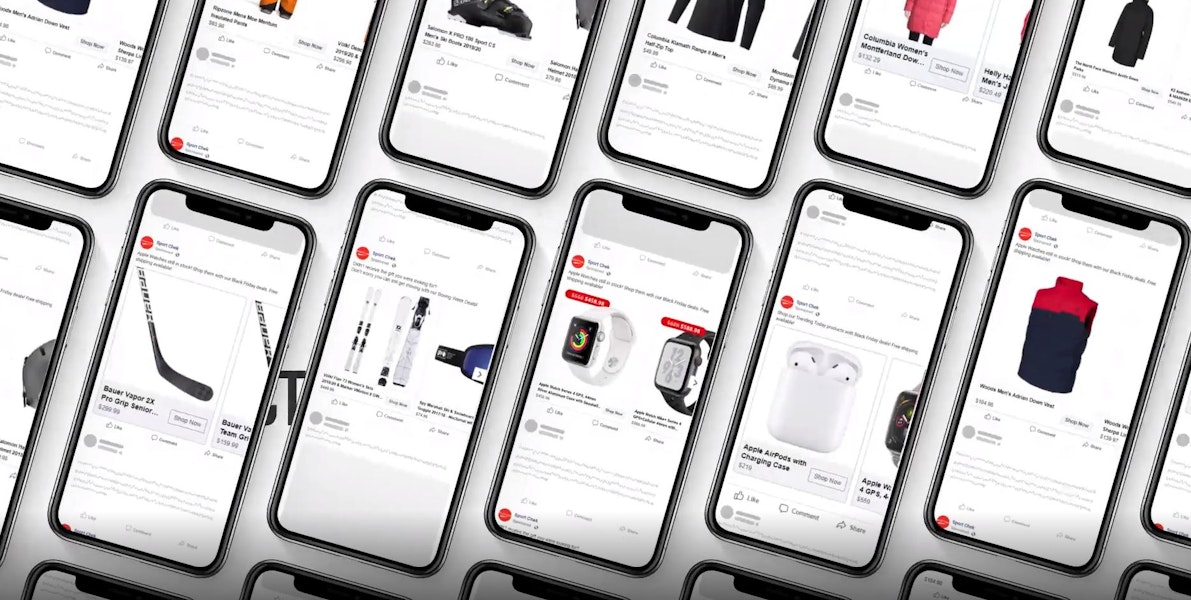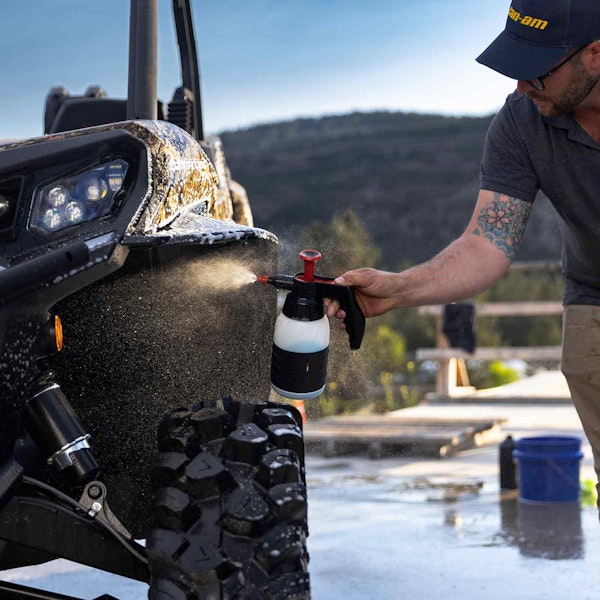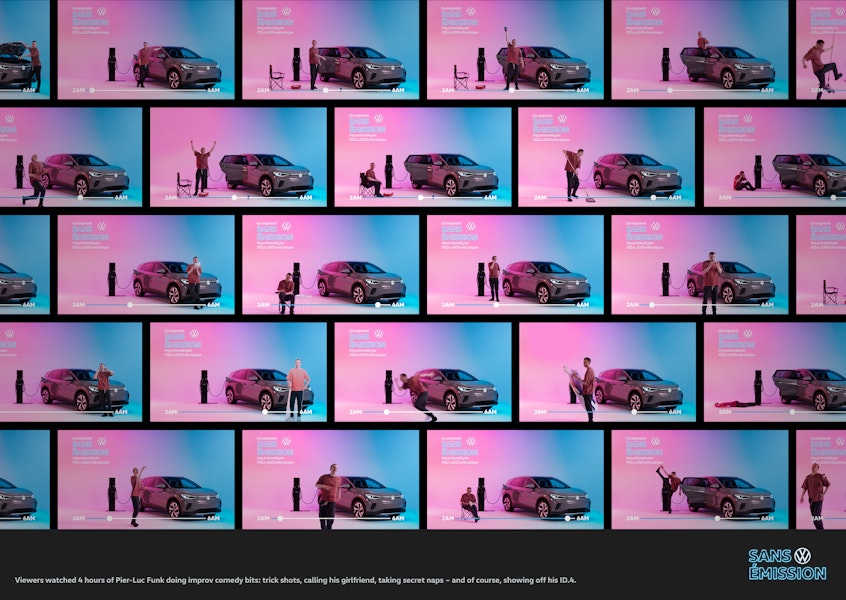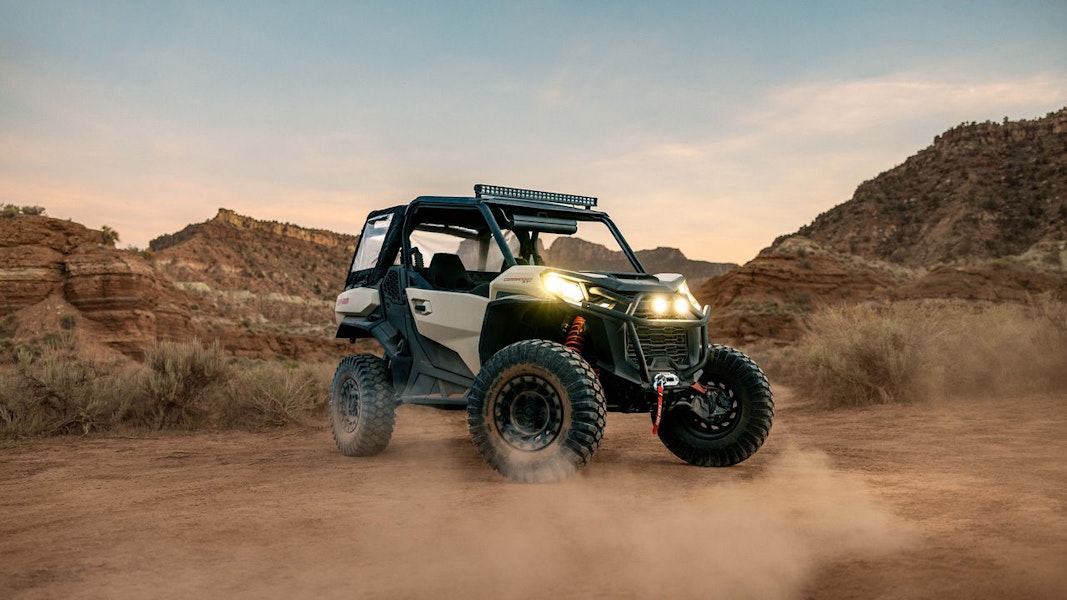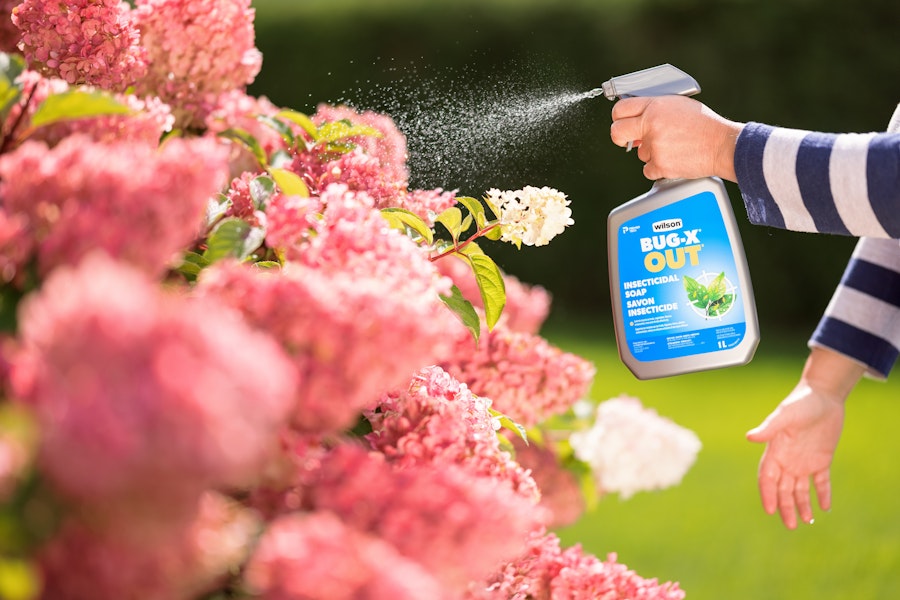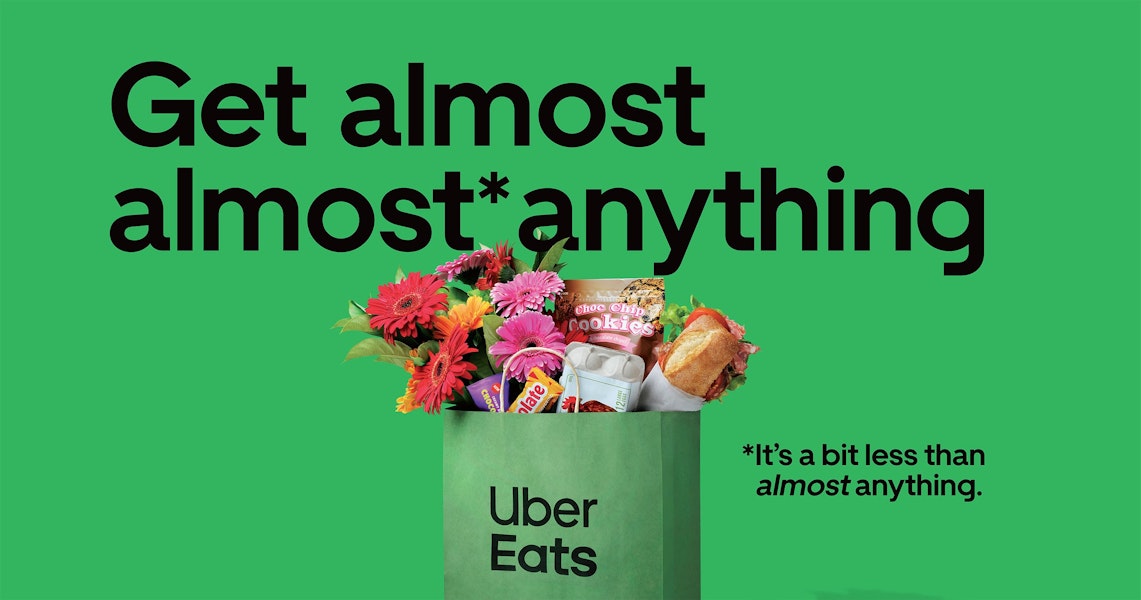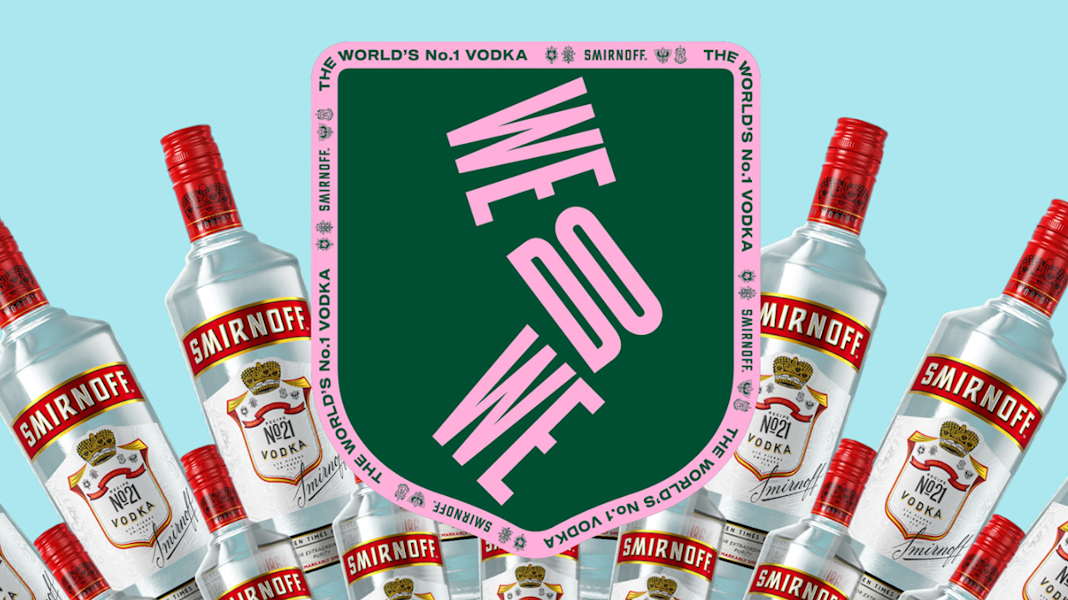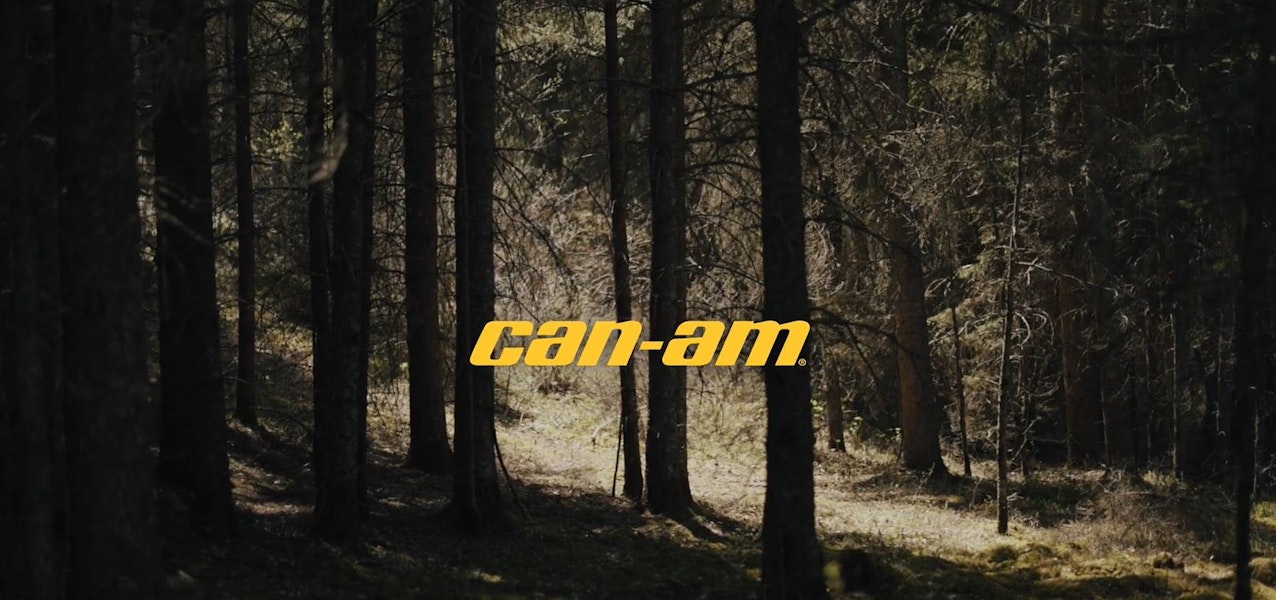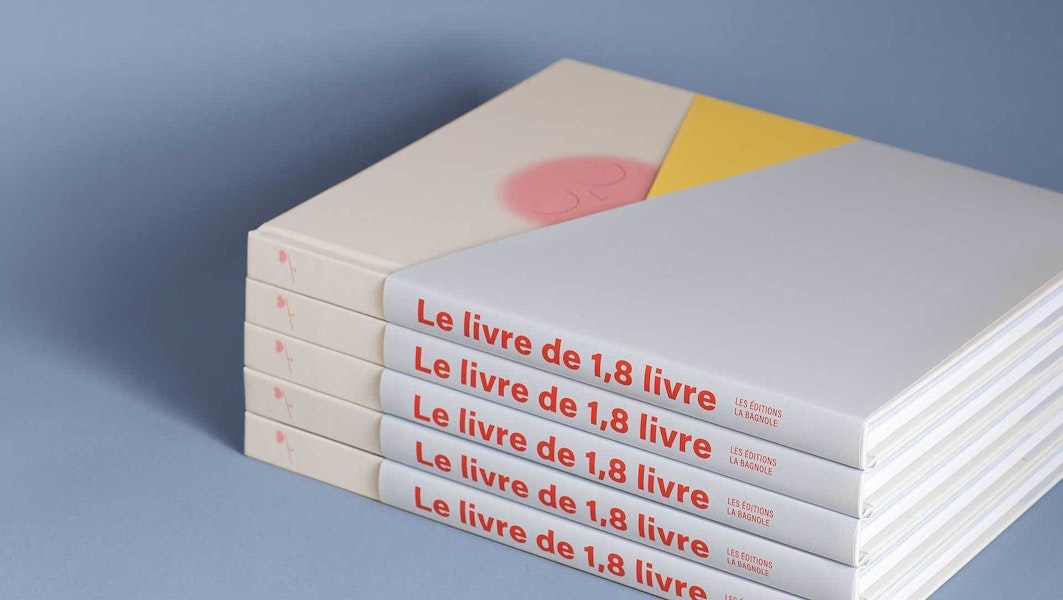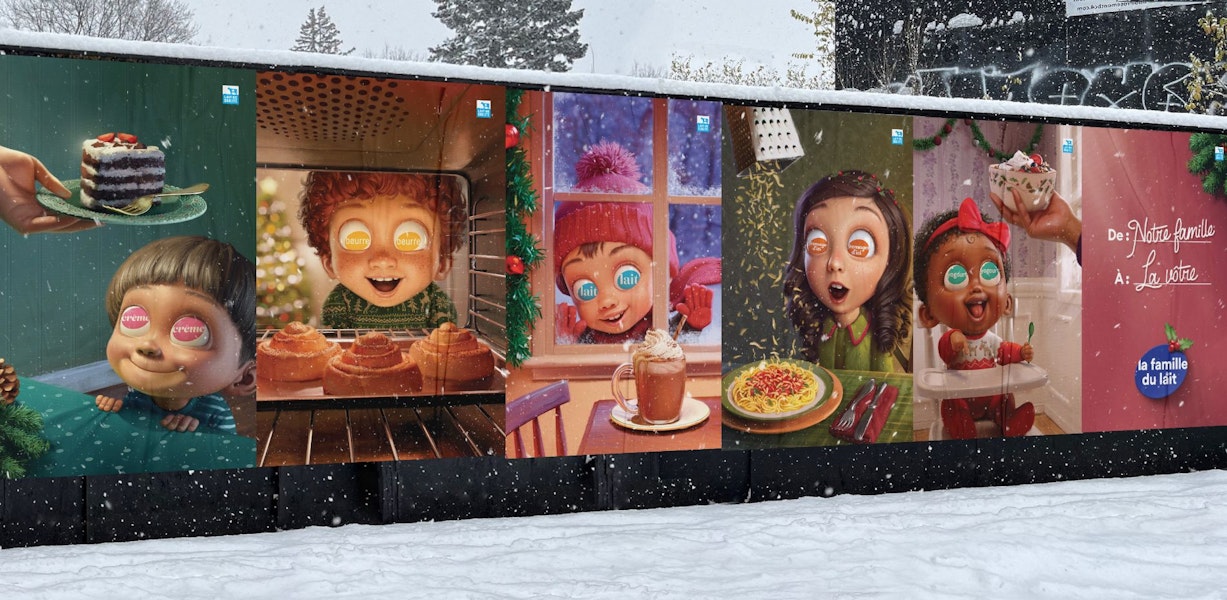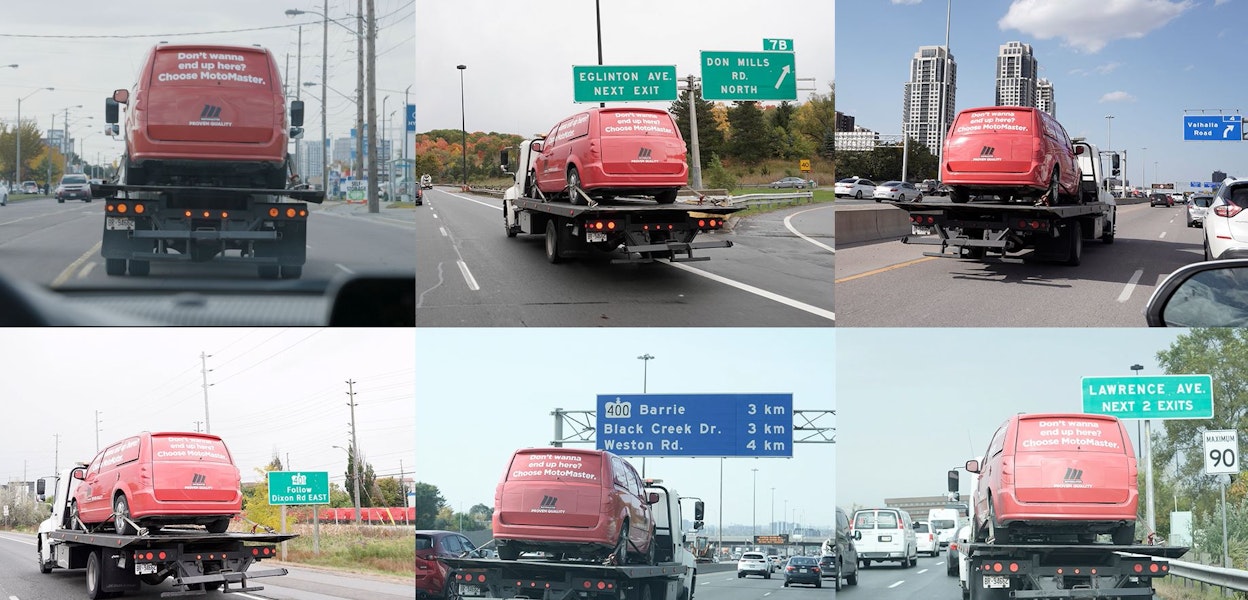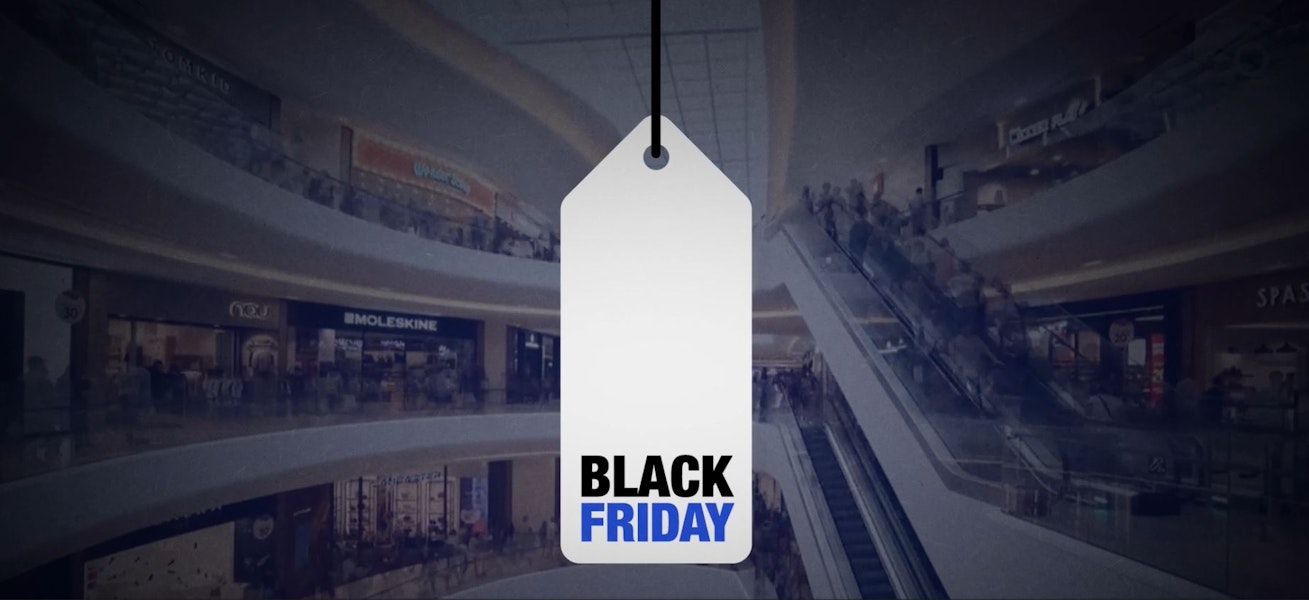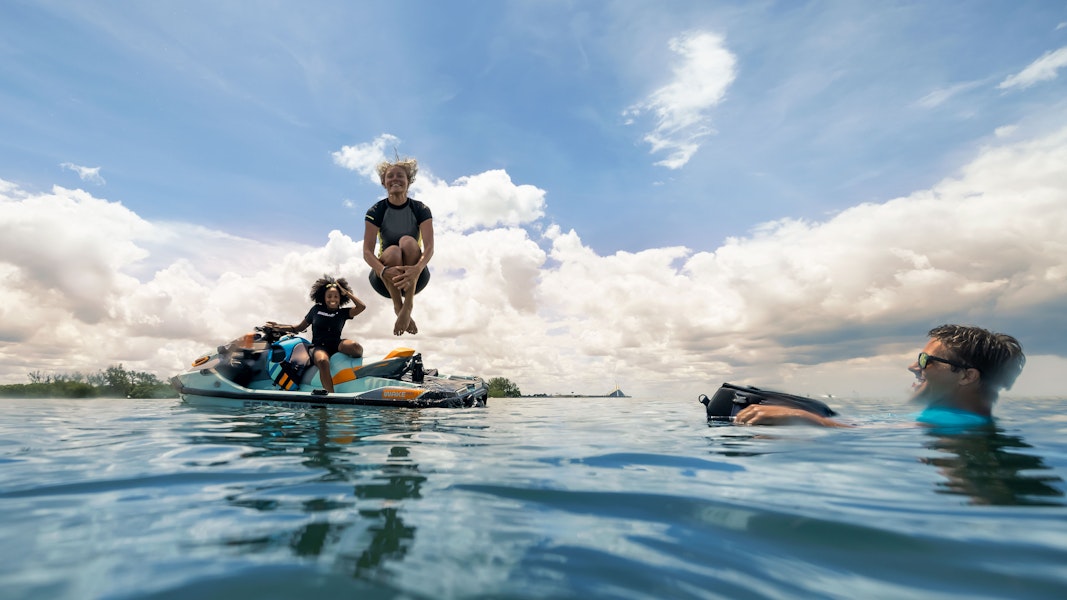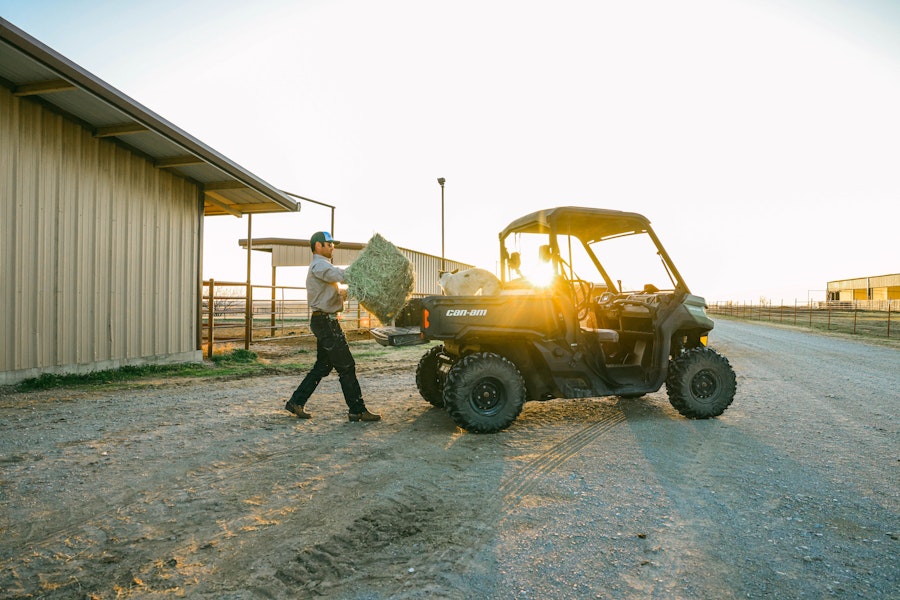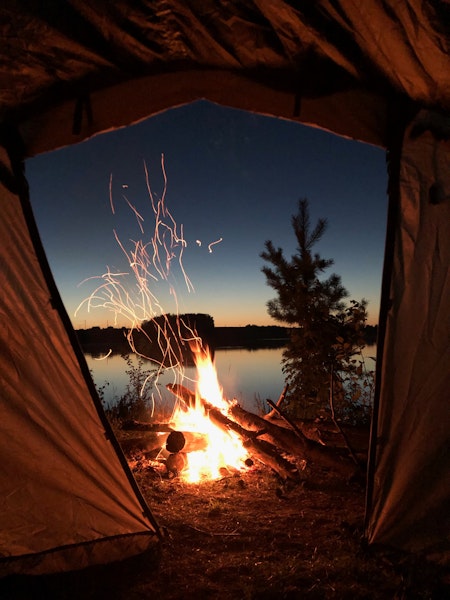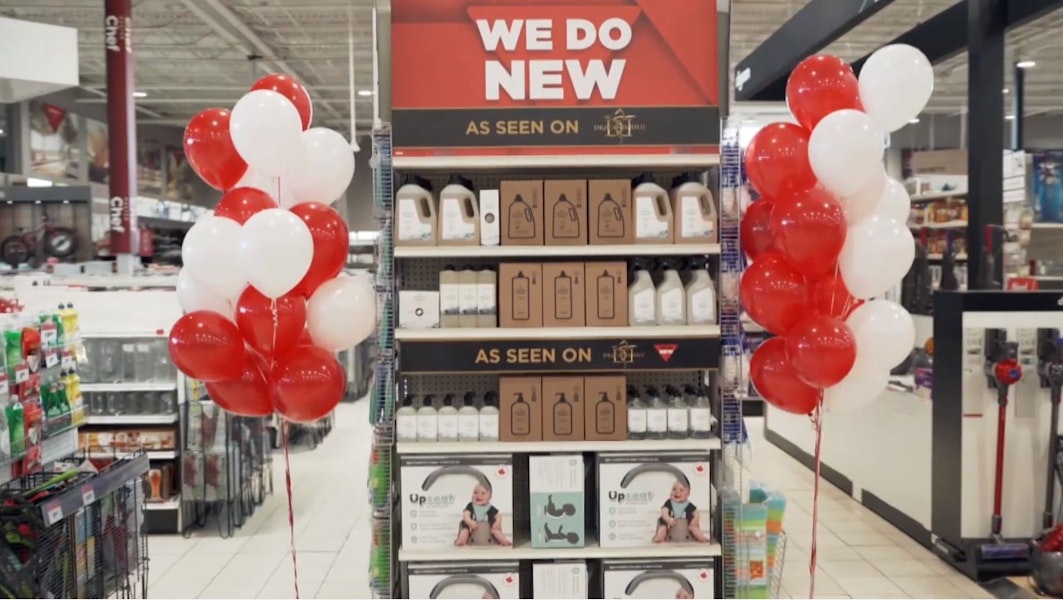Ladies, Rule the Road

The motorcycle industry has always been a masculine environment. Decades of stereotyping have confined women to the passenger seat. Can-Am has chosen to combat these stereotypes and give women the place they deserve: in the driver's seat.

Can-Am gave women access to the driver’s seat!
A biased algorithm
For over a century, the motorcycle industry’s positioning has been as an experience provider for men. Decades of masculine stereotypes have confined women to the passenger seat. Lack of trust, obsolete mentalities and poor representation of the modern woman has broken the dialogue between the motorcycle manufacturers and potential women customers.
While marketing for the segment has become more gender inclusive, sales from the women segment have only marginally increased. While digging for an explanation, the analytics team came upon two key influences that perpetuated the problem.
The first is that there are encoded prejudices in our data and systems, so any attempt to target inclusively, regardless of gender, would ultimately end up favouring the historical ‘best performer’ of men. This results in limited and expensive reach for advertisers trying to convert women in the category.
The second is that creating a safe and judgment-free environment on social media is a challenge. Trolls who thrive on publishing negative and demeaning comments often infiltrate comment boxes. The few times Can-Am had posted content about women motorcycling, it repetitively received comments such as “Bikes are too heavy for a woman” or “It is too dangerous for women to ride on the open road”.



Gain control over the algorithm
Our strategy was to gain control over algorithms and to move away from decision-making platforms based solely on historical data. To do so, we needed to build a new dataset free of bias.
Thus, we created a new social digital safe space for women: The Women of On-Road private Facebook group, a place where women can exchange ideas, inspire one another and learn how to safely, but freely, ride. And to make sure our safe space was truly safe; all communication channels were monitored by a reaction tracker to create a hate-free environment. For the very first time, women riders controlled the conversation without stereotypes and hatred. This initiative allowed Can-Am to promote equal on-road opportunities for women and start meaningful conversations with North American female riders.
It quickly became an invaluable source of insights, unlocking the key messages for the Women of On-Road campaign. This vibrant community helped us gather new data to fight the biases that created barrier-of-entry for them.
A succesful campaign
Want to see how creativity can help you?
Redefining
creativity


